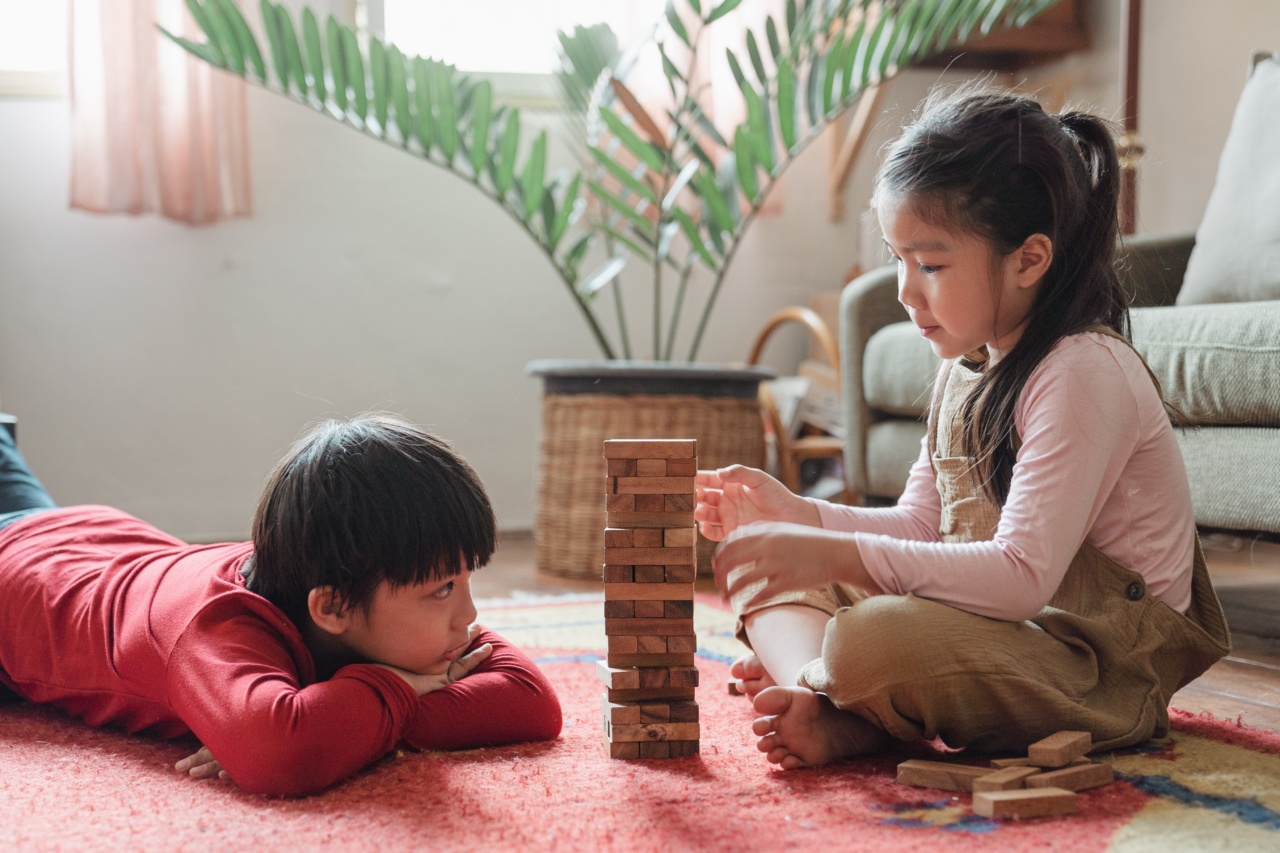Physical exercise is crucial for the overall development of children. It not only helps in maintaining a healthy weight but also builds strong bones and musculoskeletal systems.
While many traditional forms of exercise like running, swimming, and team sports are widely recognized, alternative exercises can provide unique benefits that contribute to the holistic growth of children. Alternative exercise refers to activities that deviate from mainstream sports and include practices like yoga, martial arts, dance, and gymnastics.
In this article, we will explore the importance of alternative exercise in children’s physical and mental development.
The Physical Benefits of Alternative Exercise
1. Improved Flexibility:.
Alternative exercises like yoga and gymnastics focus on improving flexibility through stretching and bending movements. These activities enhance the range of motion in joints, prevent injuries, and promote better posture.
2. Enhances Strength and Muscle Development:.
Activities such as martial arts and rock climbing require strength and power, leading to the development of lean muscle mass. These exercises contribute to the overall physical strength of children and improve their endurance.
3. Balance and Coordination:.
Dance and activities like martial arts demand coordination and balance. These exercises improve proprioception, which is essential for everyday activities and sports participation.
Children who engage in alternative exercises tend to have better body control and awareness.
4. Cardiovascular Health:.
While alternative exercises may not have the same cardiovascular impact as traditional sports, they still contribute to overall cardiovascular health.
Activities like dance and aerobic workouts can improve heart health by increasing heart rate and improving blood circulation.
5. Motor Skills Development:.
Alternative exercises require a range of movement patterns, which enhance motor skills development in children. Activities like gymnastics and martial arts improve agility, speed, and body control, resulting in better motor skills and coordination.
The Mental Benefits of Alternative Exercise
1. Stress Reduction:.
Alternative exercises like yoga and meditation techniques are known for their ability to reduce stress and anxiety in both children and adults.
These activities promote relaxation and mindfulness, which can have a significant positive impact on a child’s mental well-being.
2. Boosts Self-Confidence:.
Alternative exercises often rely on individual achievements and personal progress. As children master new skills and techniques, their self-confidence increases.
Participating in activities like martial arts or dance competitions allows them to showcase their abilities and boost their self-esteem.
3. Improves Focus and Concentration:.
Many alternative exercises require mental focus and concentration. For instance, yoga and tai chi demand mindfulness and presence in the moment.
Regular practice enhances a child’s ability to concentrate and focus, which can translate into their academic performance and other areas of life.
4. Encourages Creativity:.
Alternative exercises such as dance and gymnastics provide opportunities for creative expression. Children can explore different movements and develop their own unique styles.
This encourages imagination, creativity, and self-expression, which are important for cognitive and emotional development.
5. Promotes Discipline and Self-Control:.
Engaging in alternative exercises often requires discipline and self-control. Children must follow specific rules, practice regularly, and stay committed to their goals. These activities teach important life skills like perseverance and dedication.
The Role of Alternative Exercise in Overall Development
Alternative exercise plays a vital role in the overall development of children. It not only provides physical and mental health benefits but also promotes important life skills and values.
By participating in various alternative activities, children can explore their interests and capabilities beyond traditional sports. These exercises encourage a well-rounded development and help children discover their passions and talents.
In summary, alternative exercise offers numerous benefits for children’s physical and mental development.
These activities enhance flexibility, strength, coordination, cardiovascular health, motor skills, stress reduction, self-confidence, focus, creativity, discipline, and self-control. The inclusion of alternative exercises in children’s daily routines can significantly contribute to their holistic growth.































